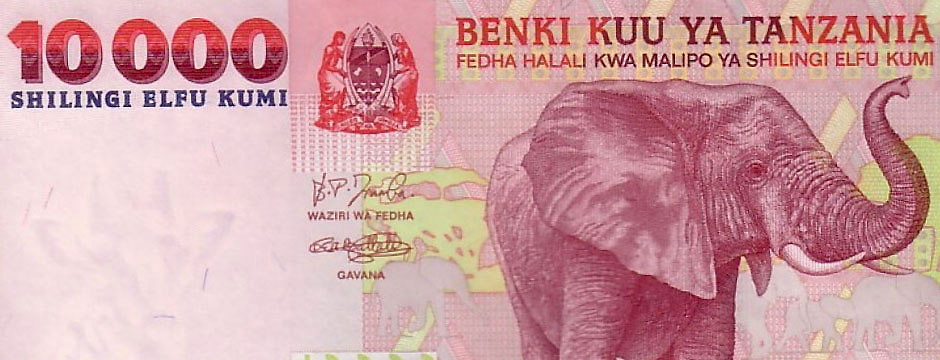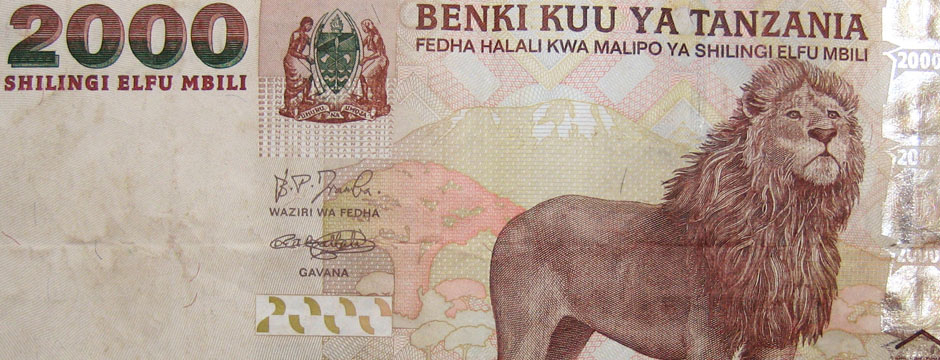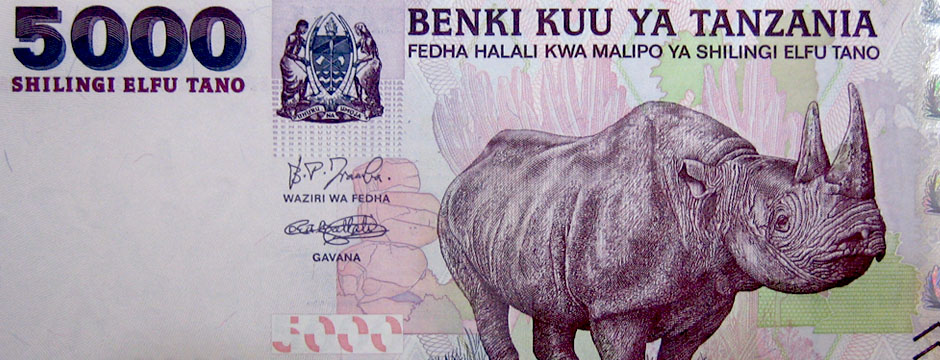USEFUL TIPS
TIPPING
Tipping at restaurants is at your discretion but as an indication 10% is normal.
Tipping at lodges and camps is always welcomed but the amount will vary according to your satisfaction.
Traditionally tips for a guide is: US $15 -US $20
Traditional tips for camp staff (per day per group) is: US $10.00—US$ 15.00.
We advise you personally give this.
BEST TIME TO TRAVEL TO EAST AFRICA
East Africa’s climatic cycles are characterized by wet and dry seasons. In Northern Tanzania the wet season tends to be between December and April or May. Uganda, which is generally wetter than Kenya and Tanzania, experiencing two wet seasons in the south, during April to May and October to November, and in the north from April to October.
In southern Kenya there are two wet seasons – the long rains or “masika” are from late-March to mid-June and the short rains or “mvuli” are from late-October to mid-December.
Wildlife tends to be easier to spot during the dry season as they concentrate around watering holes.
However during the wet season means green savannahs that triggers breeding activity for many species. There are also less tourists!
Our favorite times are mid February, when the wildebeest are calving in Southern Serengeti, and mid to late June (when the dry season commences but the landscape is still green) and the migration is moving northward.
February is particularly popular – so Book early to avoid disappointment.
ROADS WHEN ON SAFARI
Many of East Africa’s roads are hard packed gravel and because of heavy use they are often rutted.
Our guides joke that it provides you with a ‘free safari massage,’ but those suffering with a bad back condition need to keep this in mind and perhaps opt for a flying safari, or the long legs!
While there are some beautifully paved roads (from Nairobi to Lake Nakuru, Arusha to the Ngorongoro Highlands, Entebbe to Kibale Forest, Nairobi to Arusha, Arusha to Dar es Salaam) you will generally experience rough roads.
ELECTRICAL CURRENT
Electricity is supplied at most lodges and at most permanent tented camps, however it is not available in mobile camps. In camp generators are run at specific times, allowing you to recharge video or digital camera batteries. In lodges and hotels the electrical current is 220 or 240 volts and the outlet is a type-G British three-pin rectangular pronged plug. You will need a plug adapter and a converter for American devices, while other appliances such as computers, cameras and cell phones can usually handle up to 240 volts. Double check the voltage requirements of your devices and be sure to bring a converter if necessary.
MONEY
In Tanzania the local currency is the shilling (T.Shs) and the exchange rate to the U.S. dollar is approx 1,550:1. Kenya’s currency is the Kenyan shilling (K.Shs) and the exchange rate to the U.S. dollar is approx 80: 1.
Credit cards are accepted at many of the hotels and lodges however the exchange rate is generally not as favorable in comparison.
The amount cash you will need at hand depends largely upon where you are going and how much time you will be in the country. For a typical 10-12 day safari we recommend bringing at least $350-500 USD total per person and exchanging $150-200 USD per person into local currency at the airport (or at an exchange bureau in one of the major cities).
Credit Cards
You can use credit cards in most hotels and major shops in Nairobi (Kenya), Entebbe (Uganda), Kigali (Congo) and Arusha (Tanzania), but you will be limited beyond the boundaries of major towns, major hotels and lodges. Please note that charges will be in local currencies so your credit card company may well charge you a fee (in addition to giving you a poor exchange rate).
US$ are broadly accepted and an easy form of payment across East Africa.









